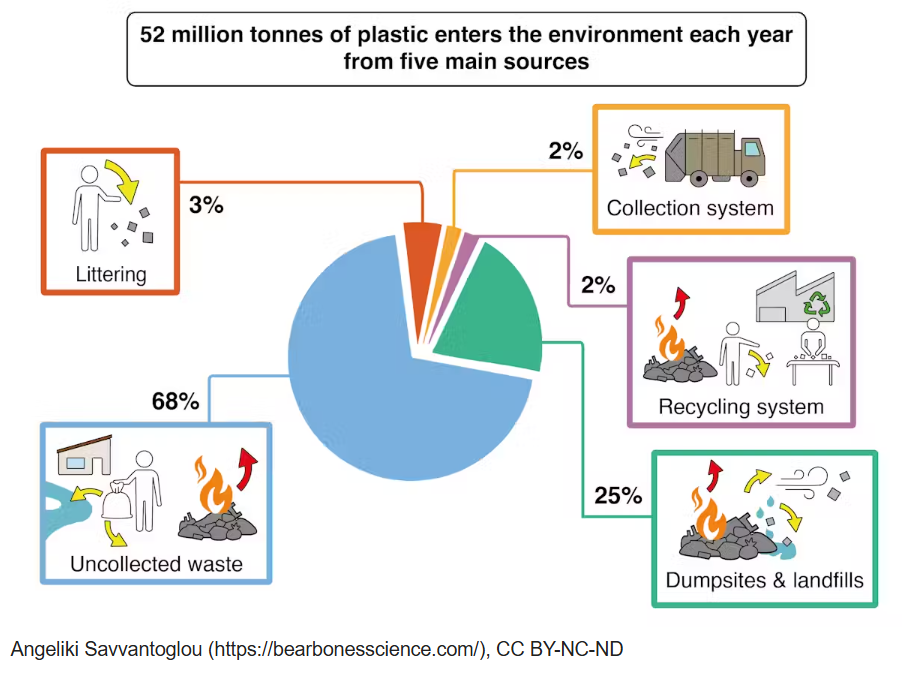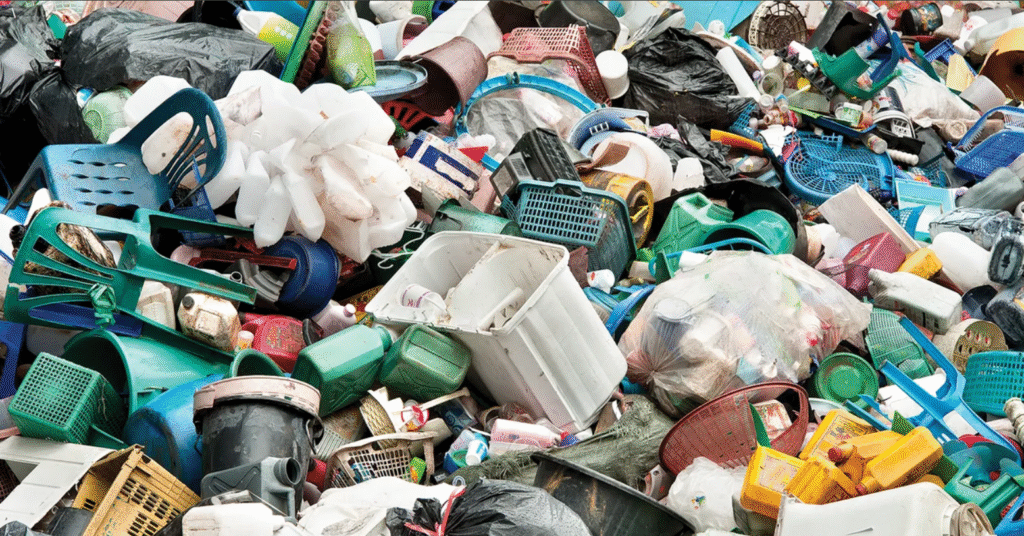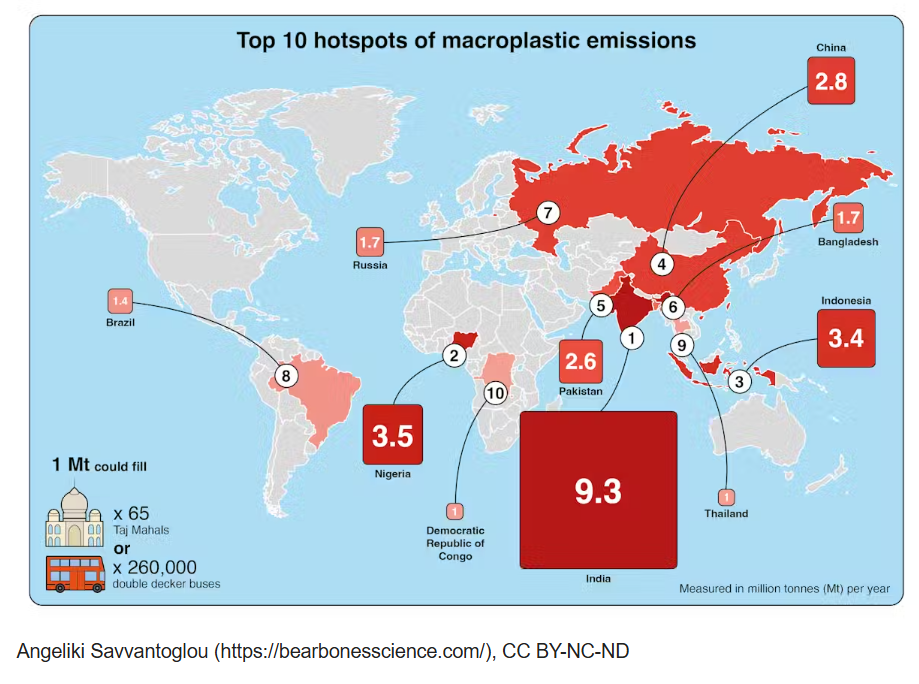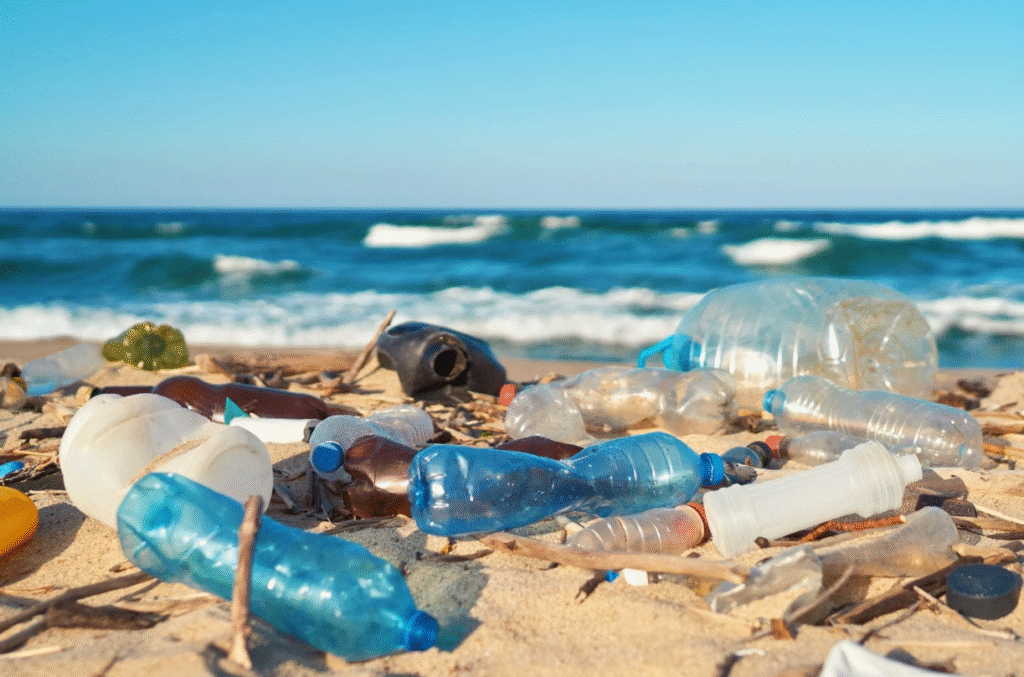By Jenifer Gilla
Dar es Salaam. The United Nations has joined forces with national stakeholders to call for urgent and coordinated action to combat plastic pollution, which continues to threaten marine life, coastal livelihoods, and global ecosystems. The call comes as the world prepares to mark World Environment Day on June 5, with this year’s focus on ending plastic pollution.
During a press briefing held in Dar es Salaam on June 3, 2025, UN Resident Coordinator in Tanzania, Susan Namondo, stressed the need for stronger commitment at both national and international levels to tackle the growing plastic crisis. She commended Tanzania’s efforts in environmental protection and called for deeper collaboration across sectors.
“This year’s themes — ‘Ending Plastic Pollution’ for World Environment Day and ‘Sustainable Fishing Means More’ for World Oceans Day — are reminders of our urgent duty to work together in safeguarding the health of people and the planet,” Namondo said.
The twin observances come just days before the 3rd United Nations Ocean Conference, to be held from June 9 to 13 in Nice, France. The conference, co-hosted by France and Costa Rica, aims to accelerate global commitments toward Sustainable Development Goal 14, which focuses on the conservation and sustainable use of oceans and marine resources.

Namondo highlighted the scale of the problem, warning that over 11 million metric tons of plastic enter the ocean each year. Without bold intervention, that figure could almost triple by 2040. Currently, an estimated 75 to 199 million tons of plastic are polluting the world’s oceans, harming over 800 marine species through ingestion, entanglement, and the destruction of their habitats.
“Plastic pollution is not only an environmental emergency — it is a social and economic one as well,” she noted. “Coastal communities are bearing the brunt of this crisis, particularly women and small-scale fishers whose survival depends on healthy marine ecosystems.”
Tanzania’s geographical positioning, with more than 1,400 kilometers of coastline along the Indian Ocean, gives it a significant role in the fight to protect marine resources. The country’s diverse coastal ecosystems — including coral reefs, mangrove forests, and seagrass meadows — are crucial for marine biodiversity, tourism, food security, and climate resilience.
Since implementing a nationwide ban on single-use plastic bags in 2019, Tanzania has taken important steps to reduce plastic waste and protect its marine and coastal environments. These efforts are being integrated into broader strategies around the blue economy and sustainable development.
Clara Makenya, the Country Representative for the United Nations Environment Programme (UNEP), echoed Namondo’s sentiments and emphasized that the fight against plastic pollution must go beyond surface-level solutions.

“We cannot afford to treat this crisis as simply a matter of cleaning up,” Makenya said. “We need to show what is possible when responsibility is shared — from individuals and communities to governments and industries.”
She said upcoming initiatives would reflect an inclusive and collaborative approach involving all sectors of society. “The interventions will include law enforcement bodies, private-sector innovators in recycling, and grassroots-led clean-up activities — all working together to prevent plastics from reaching the environment in the first place,” she added.
Her remarks highlighted the importance of integrated efforts and local ownership in building a sustainable model for plastic waste prevention and management.
Also present at the event was Jamal Baruti, a representative of the National Environment Management Council (NEMC), who announced that the council is currently conducting a nationwide study to assess the extent and impact of plastic pollution in Tanzania’s rivers, lakes, and oceans.
A global environmental crisis
Plastic pollution has emerged as one of the most pressing global environmental issues, with more than 400 million tonnes of plastic waste generated annually. A significant portion of this waste ends up in marine environments, endangering aquatic life and posing risks to human health as microplastics enter the food chain.

Experts say the crisis is being fueled by the widespread use of single-use plastics, inadequate waste management infrastructure, and unsustainable consumption patterns. Urgent solutions are needed — including reducing plastic production and consumption, scaling up recycling systems, and strengthening global cooperation to protect ecosystems and communities from the long-term effects of plastic pollution.
As World Environment Day and World Oceans Day approach, voices from across sectors are calling for the shift from words to action. For countries like Tanzania, with abundant marine resources and vulnerable coastal communities, the stakes have never been higher.


